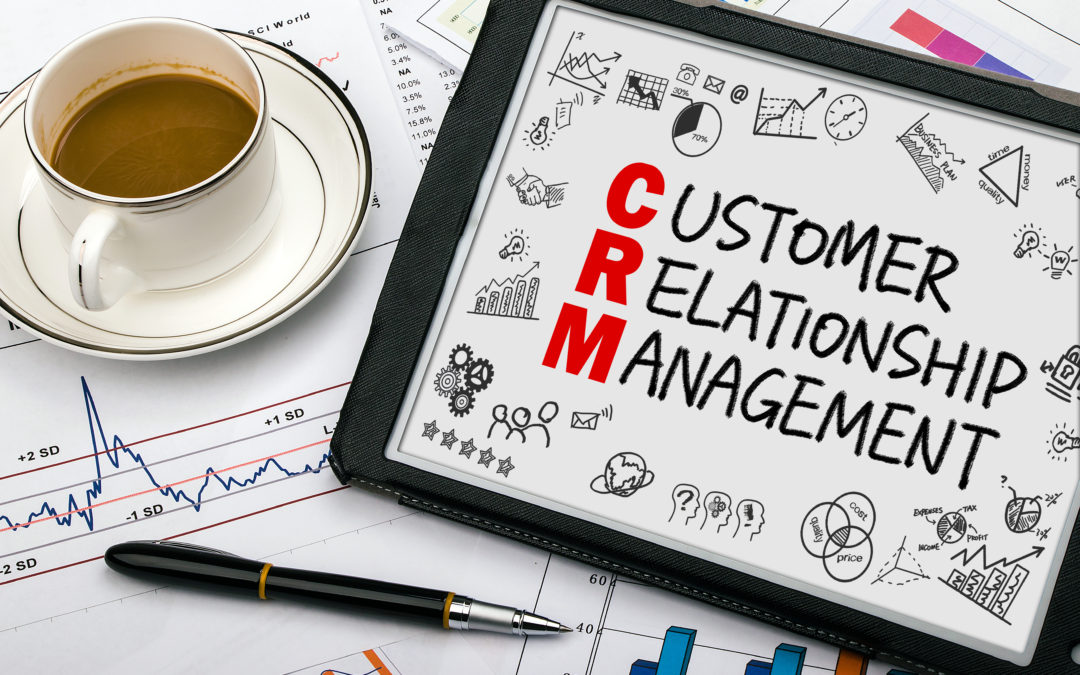Customer relationship management (CRM) has been shown to improve customer retention within businesses by as much as 27%. Almost every business relies on its customers to make a profit and become successful, meaning customers are generally the most valuable asset that any company has. A good CRM strategy helps to maintain those customer relationships and keep people coming back to the business time and time again. CRM does not simply mean appreciating customers, however. Quality CRM revolves around truly understanding customers, anticipating their needs and reacting to them appropriately. Marcel Kooter has a passion for CRM and works to support organisations in their aim of fostering great relationships with each and every customer that will stand the test of time and create excellent customer experiences. In the PDF attachment, find an overview of CRM for business.
Improving Customer Retention and Satisfaction
The advantages of CRM benefit the business and the customer equally. A good CRM strategy increases customer retention rates, which is good for the business. It also increases customer satisfaction levels, which is good for the customer. The latter has the knock-on effect of increasing retention rates even further, and so the cycle continues. CRM software provides businesses with the capability to gather data from multiple sources and analyse that data to identify and anticipate what the customer wants. Utilising CRM software enables businesses to provide better customer service through having all the relevant information available. Improved interactions with customers lead to repeat business and an increase in positive reviews and recommendations. Customer retention results in an increase in overall profit. Some CRM software statistics can be viewed in the embedded infographic.
Enhanced Productivity
Good CRM can also help businesses to enhance productivity in many ways. With all the essential customer information in one place, any employee who needs to interact with a customer will have all the information they need at their fingertips to make it a positive interaction. CRM software gathers all types of customer information to help ensure the service is efficient, friendly, professional and satisfactory. CRM software can inform members of staff about an individual customer’s purchase history and general purchasing trends. It can also be used to see who is engaging with the business on social media and in what ways. The sales pipeline can be tracked to facilitate work on any deals that may need to be expedited. Alerts can be set to ensure that no-one ever has to chase emails or responses to queries or complaints, ensuring efficient service at all times. When any individual member of staff can access all this information at the touch of a button, productivity levels increase dramatically.
Increased Automation
By nature, large parts of customer service require face–to–face contact, or at least personal interaction. However, there are many processes that can be automated to free up more staff time for these personal interactions. When everyday tasks such as sending reports or filling out forms can be handled by an automated system, there is more time for employees to ensure that issues that need to be addressed in person can be done so effectively. A quality CRM system removes many burdens from employees and frees up human resources for those tasks that require a more personal touch. While these types of tasks are still essential, CRM software means that they can be completed in the background. The short video attachment looks at some of the key benefits of marketing automation. With the right CRM software, business representatives are able to focus their skills and abilities where they are needed most.

